By Brian Rohde, Self-Advocate
ADA 25 Advancing Leadership is the host of the Disability Power Series, in-depth group discussions with influential people that empower people with disabilities. As a 2020 Fellow, I had the privilege of attending a discussion on voter suppression led by former Democratic Leader of the Georgia House of Representatives, Stacey Abrams. She is passionate about encouraging voter participation and educating people about elections and voting rights. Stacey launched Fair Fight, a powerful initiative to reverse voter suppression and to include all Americans in elections. During the hour-long discussion, she spoke about the challenges of voter suppression that people with disabilities face with voting, but also about the importance of speaking up and self-advocating. It was very inspiring and informative. I’ve always been hesitant to discuss my disability. However, the discussion changed my perspective on how to perceive my disability. Having the courage to talk about disability is an important concept for educating elected officials to push for inclusion of people with disabilities in elections and can raise disability awareness in society.
Here is what I learned:
Things that most people take for granted are not always accessible to people with disabilities. Below are a few examples of what voter suppression for people with disabilities can look like:
- Difficulty registering to vote because you don’t have proper identification, like a license or state ID, or bills with your name on them to prove your address. This is especially true of people living in group homes. Many individuals with disabilities may not have access to online resources or may not be able to comprehend how to register.
- Difficulty getting to a polling place because you don’t have a driver’s license and need to rely on others or need to take public transportation that may not be convenient.
- Not being able to read the ballots.
- Lack of accessibility at polling places.
- Difficulty understanding the language used on forms and instructions on ballots.
- Lack of large print or braille ballots.
A few solutions to increase voter turnout and let the voices of people with disabilities be heard are:
- Automatic Voter Registration for every American Citizen over 18.
- Enforcing the Americans with Disabilities Act (ADA), a law that protects people with disabilities from discrimination and allows for accommodations:
- Automatic doors, ramps, wide doors for physical disabilities
- Large print or braille ballots for people with vision impairment
- Use of plain language on registration forms and ballot instructions
- Clear directions for where to locate the correct precinct
- Getting involved
- Volunteering at the polls
- Attending election meetings
- Learning about the candidates
- Contacting legislators about important issues
- Running for office
-
VOTING!
Stacey spoke enthusiastically about the right of every US citizen to vote. She shared that one of the biggest roles that elections have for the people of our country is for people to unite for change regardless of disability, race, or ethnicity. To reverse the trend of voter suppression for people with disabilities is to self-advocate and make our voices heard. This can lead to a revolution for future generations.
Brian Rohde, a graduate of Valparaiso University, is a passionate in his disability advocate. He is an ADA 25 Fellow, a ComEd Energy Force Ambassador, a jjslist.com Disability Awareness Player and a former No Boundaries participant. He brings the same passion to energy conservation and sustainability.

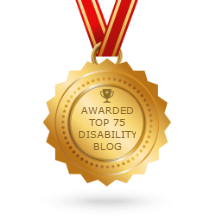

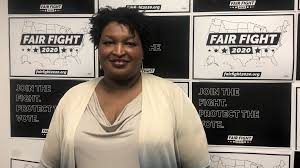
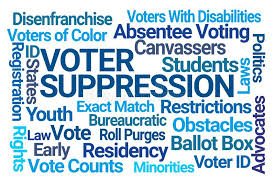
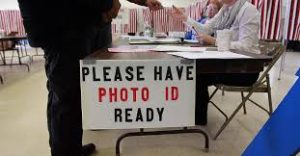
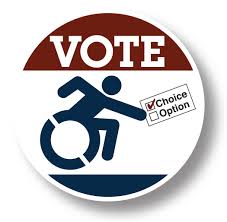

2 Comments
Well said Brian!!!
I have been a member of our County Auditor’s advisory committee on Accessible Voting for some time. We work to make sure every person, no matter their disabilities, can safely vote and work to publicize how they can do that.